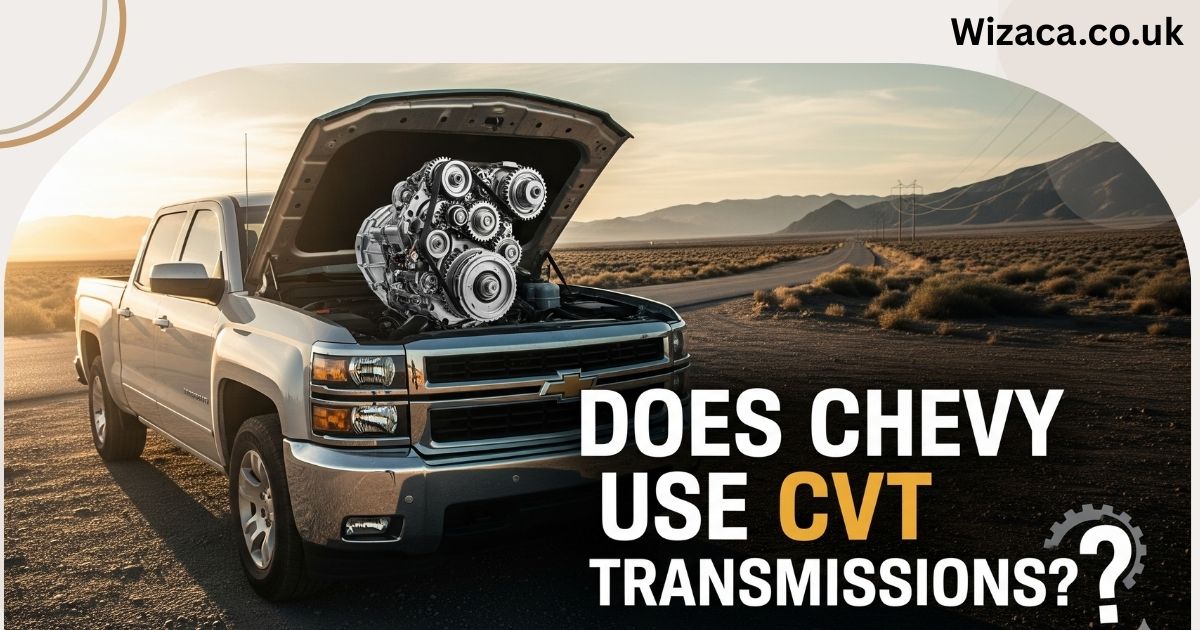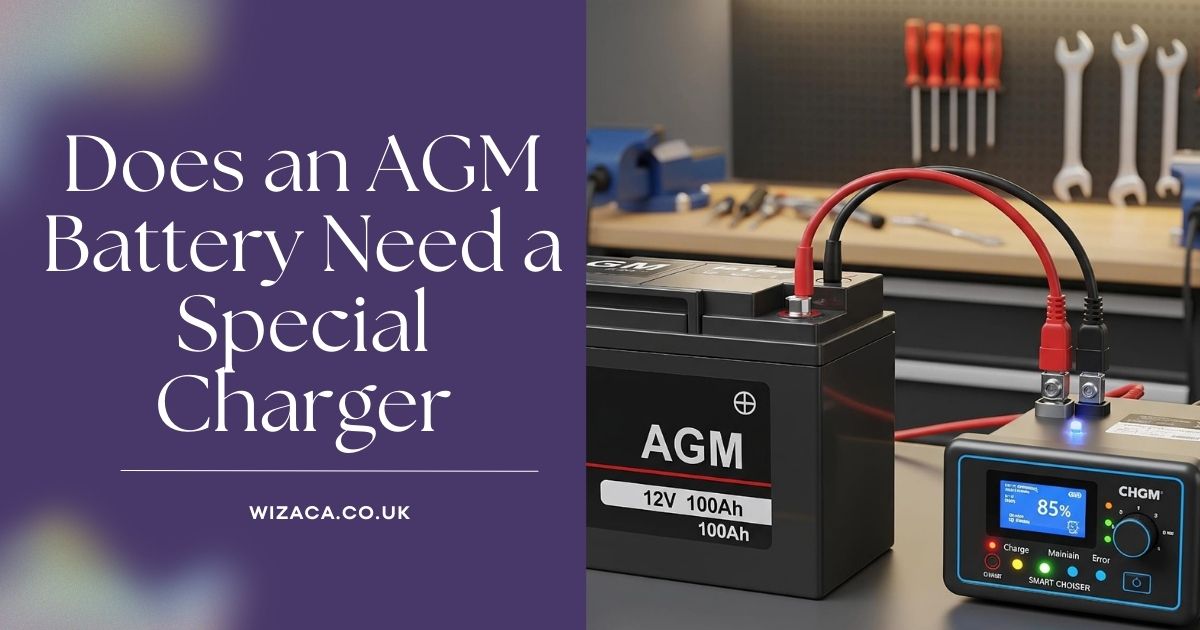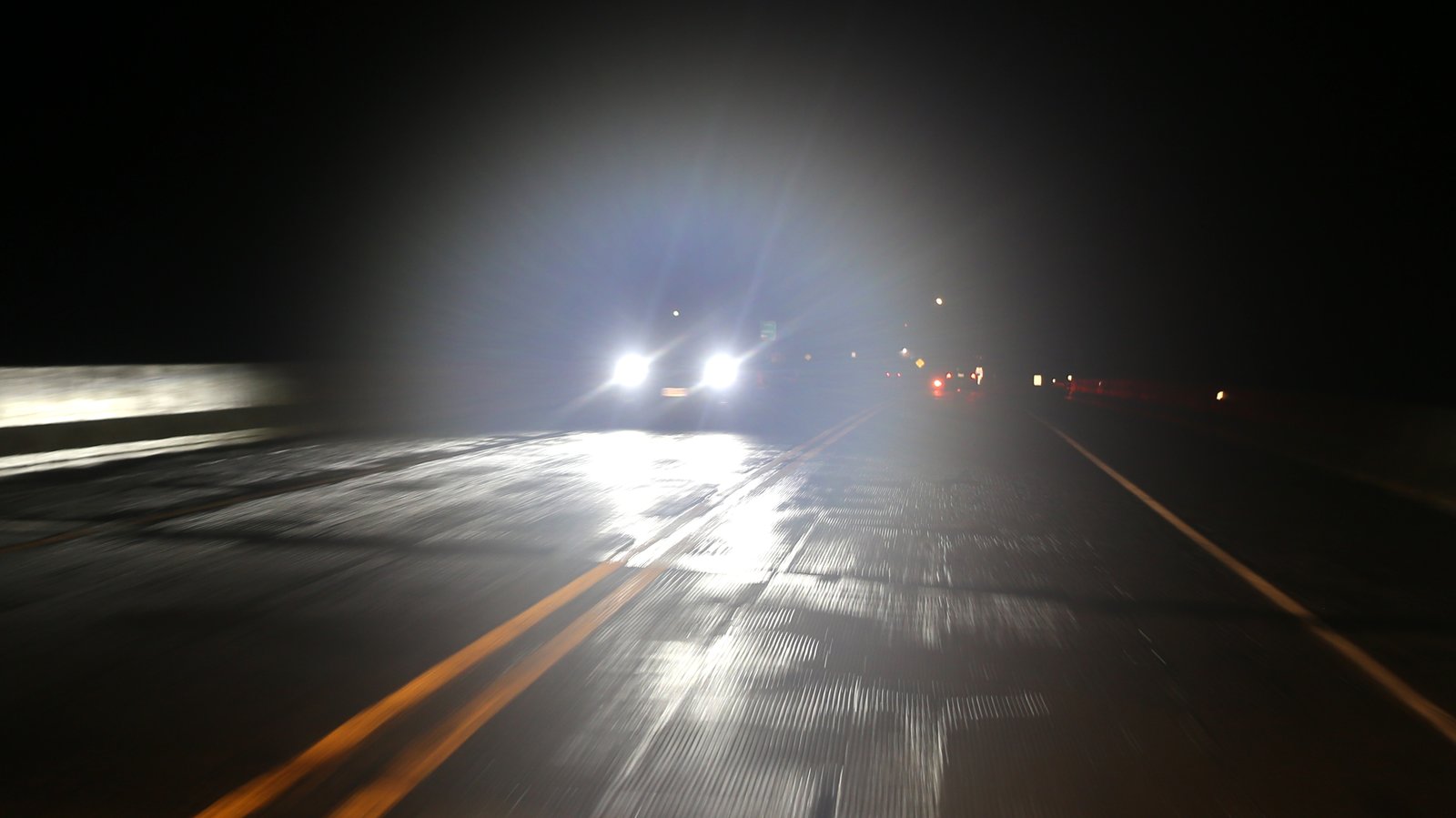No, engine braking does not typically cause damage to the engine or the vehicle’s components when used correctly. In fact, engine braking is a natural and safe driving technique that can help reduce wear on the braking system. However, excessive or improper engine braking can lead to wear and tear on certain components, so it’s important to understand how and when to use this technique properly.
⚙️ How Engine Braking Works
Engine braking occurs when you take your foot off the accelerator and let the engine slow down the vehicle. This happens because the throttle valve closes, creating resistance in the engine that helps slow the car down without using the brake pads. The vehicle’s momentum forces the engine to resist, and this resistance is what slows the car down.
In manual transmission vehicles, engine braking is more pronounced when the driver downshifts, allowing the engine to assist in decelerating the car. In automatic transmissions, engine braking may still occur when the driver releases the gas pedal, but the system may downshift automatically to help.
⚙️ Benefits of Engine Braking
1. Reduced Brake Wear
Using engine braking reduces the reliance on the brake pads, leading to less wear on the braking system. This can extend the life of your brake pads and reduce maintenance costs, especially for long descents or when slowing down gradually.
2. Improved Control and Stability
Engine braking provides smoother deceleration and can help maintain better control of the vehicle, especially on steep inclines or declines. It prevents the vehicle from speeding up unexpectedly or overworking the brake system, which can lead to brake fade on long downhill stretches.
3. Better Fuel Efficiency
In certain cases, engine braking can improve fuel efficiency, particularly in modern vehicles with fuel-saving technologies. When engine braking is used, the fuel injectors may reduce or completely stop fuel delivery to the engine, saving fuel during deceleration.
🚗 When Engine Braking Can Cause Damage
While engine braking is generally safe, there are a few situations where it can cause issues:
1. Excessive Engine Braking in Low Gears
When using engine braking in lower gears (especially in manual transmissions), the engine speed (RPM) can increase rapidly, which can place stress on the engine and drivetrain components. If you downshift too quickly or engage engine braking at high RPMs, this can lead to:
- Engine Overrevving: If the RPMs go too high, it can damage the engine’s internal components, including the pistons and valves.
- Transmission Wear: In manual vehicles, shifting into too low of a gear can put excessive strain on the transmission. In automatic vehicles, aggressive engine braking can cause the transmission to shift roughly or wear out faster.
2. Overuse on Steep Declines
Using engine braking excessively on very steep declines can lead to:
- Overheating the Engine: If the engine is working too hard to slow down the vehicle, especially under high load, it can overheat. This is especially true if the engine is not able to dissipate heat effectively.
- Clutch or Transmission Strain: In manual transmission vehicles, continuously using engine braking while in lower gears can strain the clutch and transmission system. In automatic vehicles, prolonged engine braking can cause overheating in the transmission.
🚗 Best Practices for Engine Braking
To safely use engine braking and prevent potential damage, follow these guidelines:
- Use Higher Gears: In manual transmission vehicles, avoid shifting to too low of a gear. Engine braking works best in higher gears, as it keeps the RPMs in a safe range.
- Downshift Smoothly: Avoid sudden downshifts. Instead, shift gradually to allow the engine to slow the vehicle down smoothly without over-revving.
- Use Engine Braking on Long Descents: On long hills, engine braking can help maintain speed without overheating the brakes. Just make sure you don’t downshift excessively or ride the clutch.
- Combine with Regular Braking: For longer decelerations or when coming to a stop, it’s best to combine engine braking with regular braking to reduce strain on both the brakes and the engine.
✅ Final Answer
Engine braking does not cause damage when used properly. It can be a helpful technique to reduce brake wear and improve control. However, if used excessively or improperly, such as downshifting too quickly, using low gears at high speeds, or engine braking on long, steep declines without combining it with regular braking, it could cause damage to the engine, transmission, or drivetrain components. As long as engine braking is used in the appropriate circumstances, it is a safe and effective way to slow down your vehicle.










